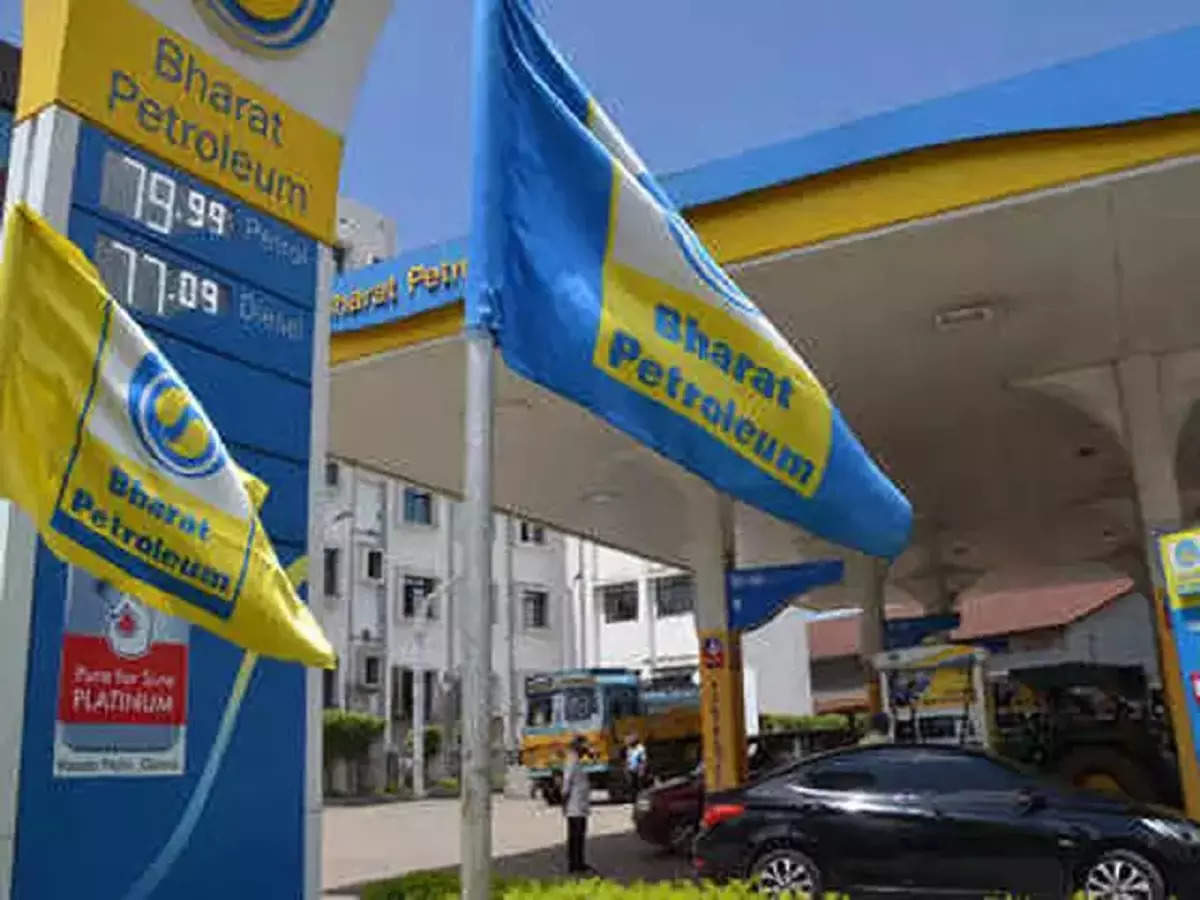- Strategy and Management
- 4 min read
How BPCL is using digital to differentiate itself from competition
Aimed at improving customer experience, the digital transformation process will provide a unified view of products and services across business units of Bharat Petroleum to the customers.
For a long time, BPCL has been operating in all businesses handling individual customers on an individual business basis.
Though there were systems and applications that the company used to interact with customers, they were siloed. Some systems were built with the objective of facilitating business processes, some for interaction and convenience, however, the company was unable to gain an overall view of all customer touchpoints. Also, the customer experience was not uniform across all touchpoints.
For example, a lubricants customer would have a different experience than a similar customer while buying LPG from BPCL.

According to Tandon, this used to be among the biggest challenges that the company faced. BPCL had close to 130 applications and systems, most of them customer-facing, but they never spoke to each other and were not scalable. The benefits of one business were not being replicated to other businesses.
That’s when the company decided to create a differentiated customer experience, consistent across all touchpoints.
Earlier, the majority of systems were managed using on-premises custom-coded solutions which didn’t have the prowess of established systems that could be scaled up and more agile to meet the customer expectations.
In January 2020, BPCL kickstarted project Anubhav, a digital transformation initiative, to bring a unified view of all BPCL offerings to customers and at the same time enable the company to upsell and cross-sell with other products and services as well.
With Project Anubhav, the company has adopted a cloud-first approach. “Apart from the benefits of scalability and flexibility that cloud offers, we found in our detailed analysis that cloud costs are lower than on-prem costs in the longer run,” he added.
For its digital marketing pilot under Project Anubhav, the company uses Oracle CX cloud solution which provides insights and intelligence for a greater personalized customer engagement.
The solution provides BPCL customers with unique offers, personalized for their segment and is being used across seven different use cases.
“We are seeing the positive impact of this on business-specific KPIs such as campaign engagement, opt-in to receive more communication from BPCL, and greater footfalls at our retail store. Our digital maturity has grown considerably with the adoption of CX Cloud and what started as an Intelligent Customer Communication engine is now slowly transforming into Hyper Personalized customer engagement for us in this pilot,” said Tandon.
The company has introduced a chatbot backed by AI and NLP on its website and WhatsApp. The chatbot (called Urja) is available in 13 languages and has already seen over 1.3 crore interactions.
Over 7,000 businesses have also contacted the Urja Chatbot to initiate interaction with BPCL's B2B businesses for their needs.
Tandon further adds that ‘offering seamless and touchless experience’ seems like a simple statement but there is a lot that goes behind enabling this. “It calls for transforming various business processes and changing the ways to offer services to the customers. We definitely have to change almost all our business processes from the conventional, traditional way of marketing to the marketing style of new-age companies such as Uber or Amazon”.
Under Project Anubhav, all business processes were analysed across BPCL’s SBUs by a team of 500 executives to identify and overcome the challenges that the business faced in delivering a superior customer experience.
“We are at advanced stages of completion of Project Anubhav and in the future, all customer-facing systems will be unified into one–Hello BPCL (company’s app)–which will be a one-stop solution for all sales and service activities,” maintained Tandon.
Under its digital transformation exercise, the company has also created a digital nerve centre (called IRIS) that is helping in effectively managing retail outlets, terminals, LPG plants, and tankers. The system provides concerned stakeholders with automated alerts and updates to ensure compliance across the supply chain.



COMMENTS
All Comments
By commenting, you agree to the Prohibited Content Policy
PostBy commenting, you agree to the Prohibited Content Policy
PostFind this Comment Offensive?
Choose your reason below and click on the submit button. This will alert our moderators to take actions